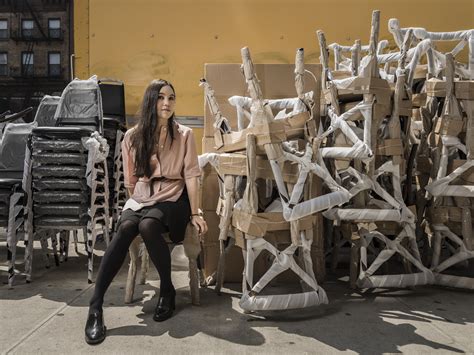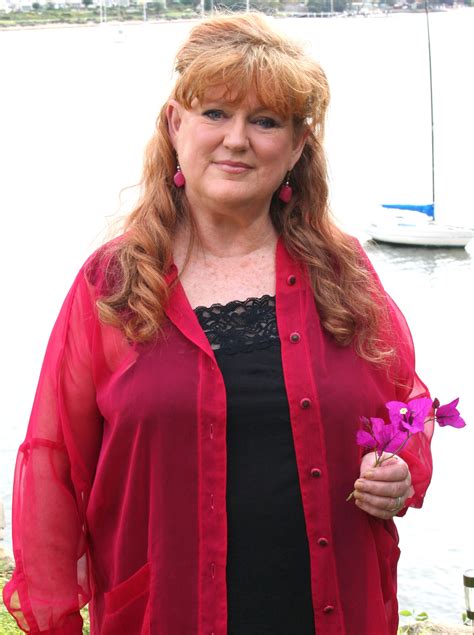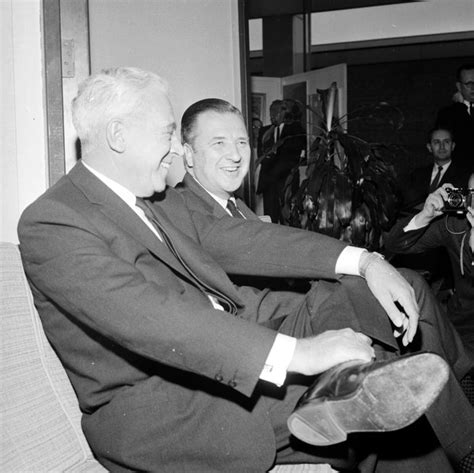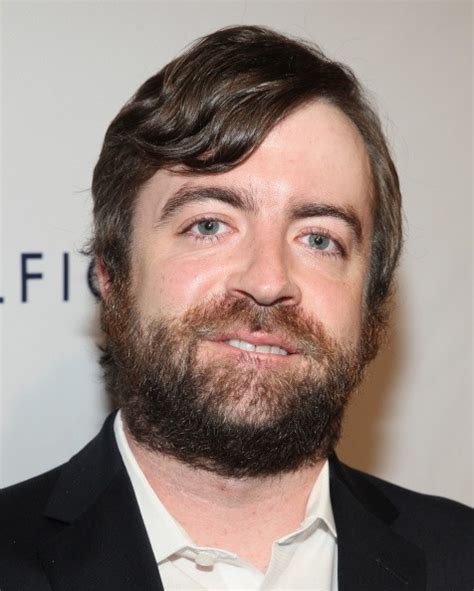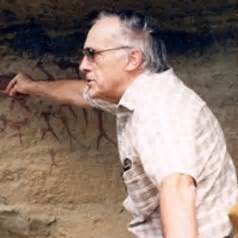A Quote by Scott Kelly
A lot of the data we collect is stuff that has to be analyzed on the ground. For instance, we can't see, you know, bone loss. Our cells, you know, that's something that we'll have to notice with imaging technology when I get back.
Related Quotes
Nobody is delineated, nobody is concentrated. There is a lot of extraneous stuff. Like for instance, the satellites that measure in the atmosphere, there is billions and billions and billions of bytes of data, only maybe 2% of which are actually useful. They don't know what the rest are for, they don't know what good they are.
A lot of the medical imagery has to do with my own biography. I had open heart surgery, I had knee replacements, I had a hiatal hernia, etc. Every time you go for surgery, you get a whole spectrum of imaging. Of course, I've been doing research in imaging technology across the board for close to twenty years. When you think about it, medical imaging is actually quite new. The first major medical image was the x-ray in 1895. That was the first time you got imaging of anything that's in the bodily interior.
We don't notice that our cells are turning over all the time. You get a completely new composition of cells every seven years, and on the surface, or subjectively, it looks as though you're the same for seven years. It's like a ground - it looks stable, but beneath it, everything is shifting all the time. It's exciting and dangerous.
Just because you "liked" my picture, doesn't mean you shouldn't call me and ask me how I'm doing. You know what's funny? If you ever owe someone a call, and it's something you're trying to avoid, notice how many times they "like" your photos until you call them back. It's an alarm, and people abuse that. They know you can see that. They know you'll see their name.
History is littered with great firms that got killed by disruption. Of course, the personal computer, a technology that first took root as a toy, got Digital Equipment Corporation. Kodak missed the boat for a long time on digital imaging. Sony was slow to get MP3 technology. Microsoft doesn't know what to do with open source software. And so on.
If I was diagnosed with something that was fatal in the next couple of years, I can't imagine anything more terrifying. And so for me, we know a lot about technology and we know a lot about the world, but I think health is the one area where there's so much data, but it's chaotic and that it's still a big black box. So, understanding really what is going to make me healthy and what is going to allow me to live the longest life is definitely keeps me up.
I get a lot of invitations, and sometimes it's far away, it's in Montana or something. "We'd like you to come to our daughter's wedding." These are people I've never heard of. I get a lot that. "Will you come to my son's graduation?" No...I guess when you're in stuff, it's almost a feeling that they know you.
MapReduce has become the assembly language for big data processing, and SnapReduce employs sophisticated techniques to compile SnapLogic data integration pipelines into this new big data target language. Applying everything we know about the two worlds of integration and Hadoop, we built our technology to directly fit MapReduce, making the process of connectivity and large scale data integration seamless and simple.



